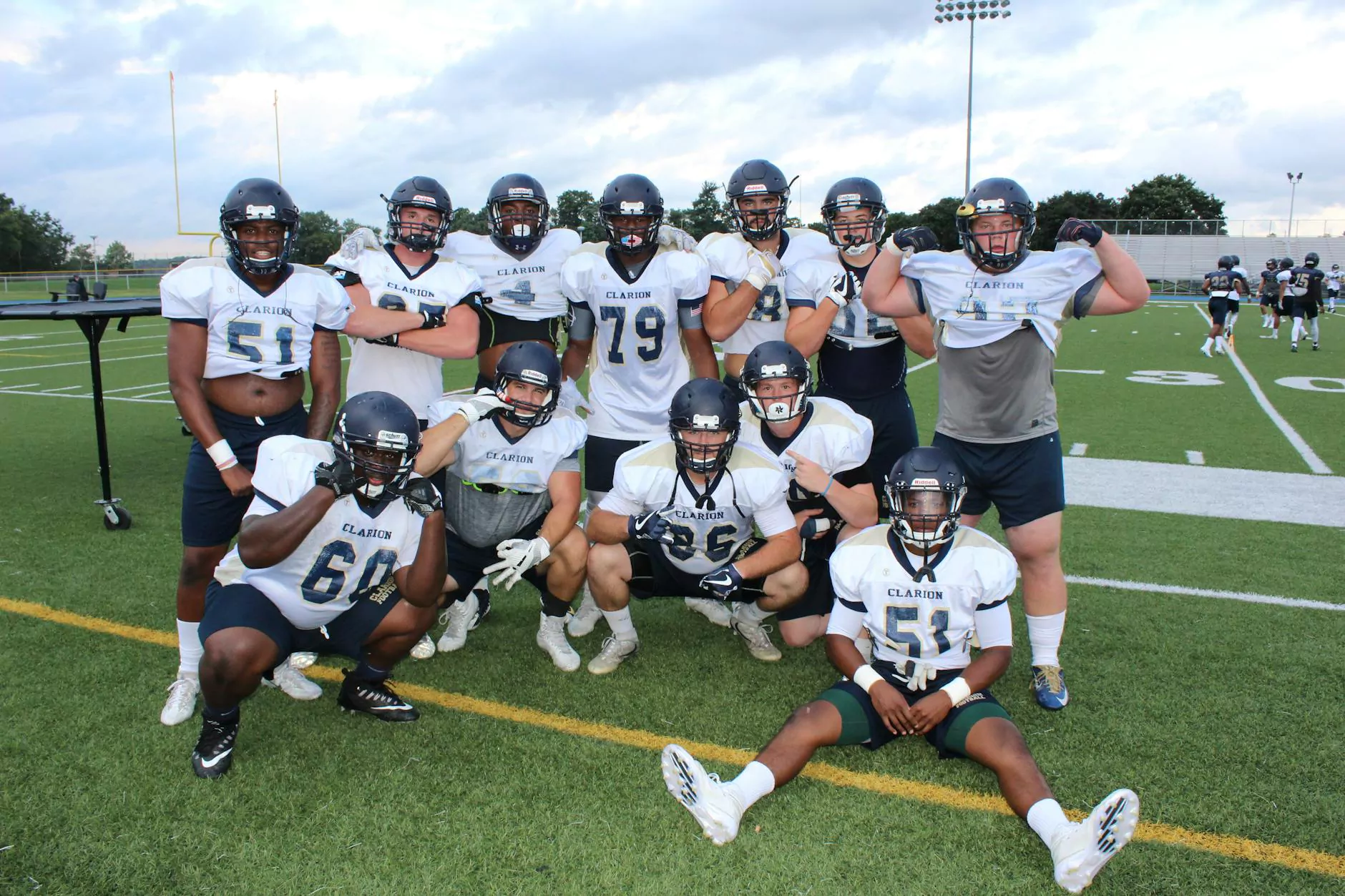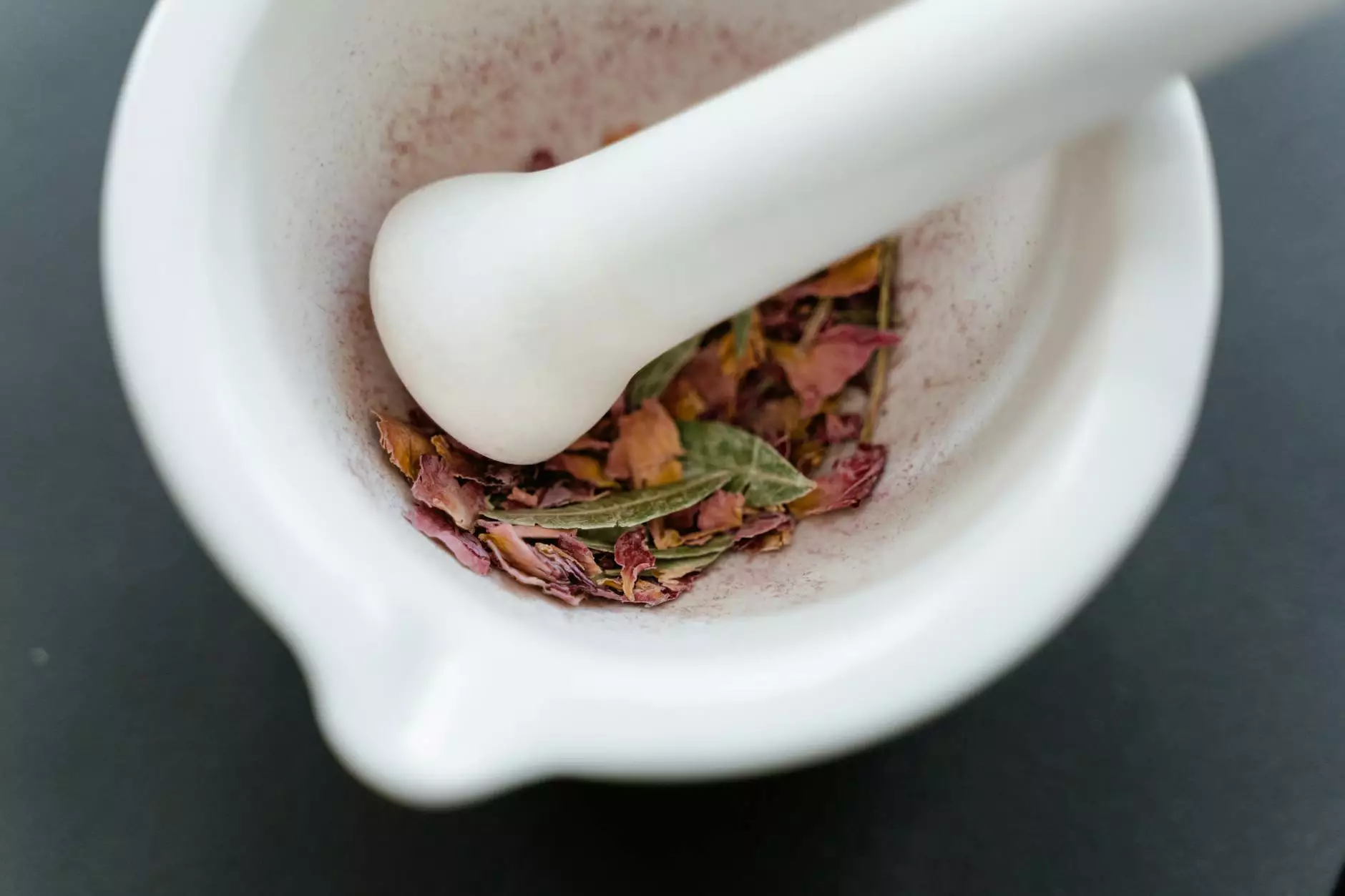Comprehensive Guide to Horse Vitamins and Minerals: Enhance Your Equine's Wellbeing Naturally

In the world of equine care, maintaining optimal health is paramount for every horse owner, breeder, and trainer. Among the myriad of factors contributing to a horse’s vitality, nutrition stands as a foundational element. Specifically, horse vitamins and minerals play a critical role in supporting immune function, muscular development, reproductive health, and overall performance. This comprehensive guide aims to delve into the significance of these essential nutrients, explore holistic approaches to animal care, and provide expert advice to ensure your horse thrives naturally.
Understanding the Importance of Vitamins and Minerals in Equine Health
Why Are Vitamins and Minerals Essential?
Vitamins and minerals are micronutrients required in small but vital quantities to sustain physiological functions. They act as cofactors in enzymatic reactions, bolster immune responses, and aid in tissue repair. Unlike macronutrients such as proteins, fats, and carbohydrates, these micronutrients impact health at the cellular level, making their adequate intake indispensable for strong, resilient horses.
Common Deficiencies and Their Impact
- Vitamin A Deficiency: Can impair vision, cause poor coat condition, and weaken immune defenses.
- Vitamin E and Selenium Deficiency: May lead to muscle degeneration and increased susceptibility to tying-up and other muscle disorders.
- Calcium and Phosphorus Imbalance: Critical for bone development; deficiencies can cause lameness and developmental issues.
- Trace Minerals (Zinc, Copper, Manganese): Essential for enzyme function, hoof health, and reproductive performance.
Key Vitamins and Minerals for Optimal Horse Health
Essential Vitamins for Horses
Vitamins are organic compounds necessary for metabolic processes. The primary vitamins important for horses include:
- Vitamin A: Supports vision, cell growth, and immune health.
- Vitamin D: Facilitates calcium absorption, vital for bone strength.
- Vitamin E: Acts as an antioxidant, protecting cell membranes from oxidative damage.
- Vitamin C: Though horses synthesize their own, supplementation can be beneficial during stress or illness.
- B-complex Vitamins: Aid in energy metabolism and nervous system health.
Critical Minerals for Horse Nutrition
Minerals are inorganic elements that uphold structural and functional roles in the body. Key minerals include:
- Calcium & Phosphorus: Fundamental for strong bones and teeth.
- Magnesium: Influences muscle and nerve function.
- Selenium: Works synergistically with Vitamin E, preventing muscular and immune disorders.
- Zinc: Important for skin integrity and hoof quality.
- Copper: Crucial for connective tissue formation and blood vessel health.
- Manganese: Supports cartilage formation and bone development.
Holistic Animal Care: Integrating Vitamins and Minerals into Your Horse’s Diet
Holistic Approach to Equine Nutrition
Holistic animal care emphasizes a balanced, natural regimen that caters to the whole horse. This includes high-quality forage, appropriate supplements, and natural health practices. Integrating horse vitamins and minerals within this framework ensures that your animal receives essential nutrients without excess or deficiency, fostering resilience and vitality.
Dietary Strategies for Optimal Mineral Balance
- Forage Quality: Pasture grasses and hay should be tested periodically to assess mineral content.
- Supplementation: Use tailored vitamin and mineral supplements designed specifically for horses, especially during stress, aging, or clinical deficiencies.
- Feed Balancers: Incorporate feed balancers that contain carefully balanced minerals and vitamins to complement the diet.
- Natural Additives: Incorporate natural mineral sources such as seaweed or mineral blocks to promote natural intake.
The Role of Veterinary Care in Managing Vitamins and Minerals
Regular Veterinary Check-Ups
Routine veterinary examinations are vital in detecting nutrient deficiencies early. Veterinarians can perform blood tests, assess overall health, and recommend targeted supplementation to address any nutritional gaps.
Customized Nutritional Plans
Veterinarians specializing in holistic animal care develop personalized nutrition plans considering the horse’s age, workload, health status, and living conditions. This individualized approach ensures precise mineral and vitamin intake, improving overall wellbeing and performance.
Monitoring and Adjusting Supplementation
As your horse's needs evolve due to age, health status, or workload changes, ongoing monitoring allows for timely adjustments to vitamin and mineral levels, preventing over-supplementation and toxicity.
Choosing Quality Supplements and Natural Products
What to Look for in Supplements
- Pure and Tested Ingredients: Ensure supplements are free from contaminants and contain accurately labeled nutrients.
- Certified Organic or Natural Sources: Prefer products derived from natural ingredients like alfalfa, kelp, or mineral-rich plants.
- Bioavailability: Select formulations with nutrients that are readily absorbed and utilized by the horse’s body.
- Consultation with Experts: Always seek veterinary advice before starting new supplements to match your horse's specific needs.
Popular Natural Sources of Essential Nutrients
- Kelp and seaweed for iodine and trace minerals.
- Herbs like dandelion and chamomile for supplementing trace elements and supporting digestion.
- High-quality mineral blocks designed for holistic health management.
Impact of Proper Nutrition on Horse Performance and Longevity
Enhancing Performance
Well-balanced horse vitamins and minerals contribute to increased energy levels, improved muscle function, and stamina. Proper nutrition supports recovery after exertion and reduces the risk of injuries caused by nutritional deficiencies.
Promoting Longevity and Quality of Life
Ensuring your horse receives all vital nutrients aids in maintaining joint health, muscle integrity, and a robust immune system. These benefits translate into a longer, healthier life, enabling your horse to enjoy more years of active, happy living.
Conclusion: Prioritizing Natural and Holistic Wellness for Your Horse
In conclusion, the integral role of horse vitamins and minerals cannot be overstated in the pursuit of holistic animal care. By combining high-quality nutrition, regular veterinary guidance, and natural supplementation, horse owners can optimize health, enhance performance, and ensure a radiant quality of life. Remember, a well-nourished horse is truly a happy horse—and a reflection of dedicated, informed caregiving.
For tailored advice and premium products, visit powerhorsevet.com—your trusted partner in pet services, veterinary excellence, and holistic animal wellness.









